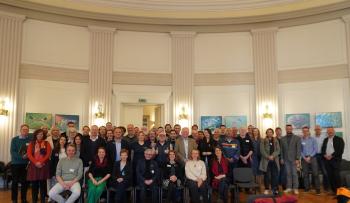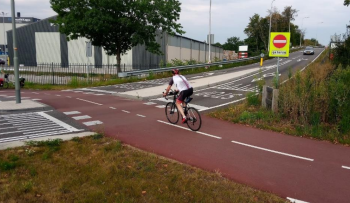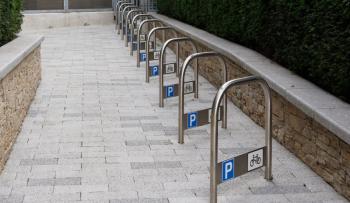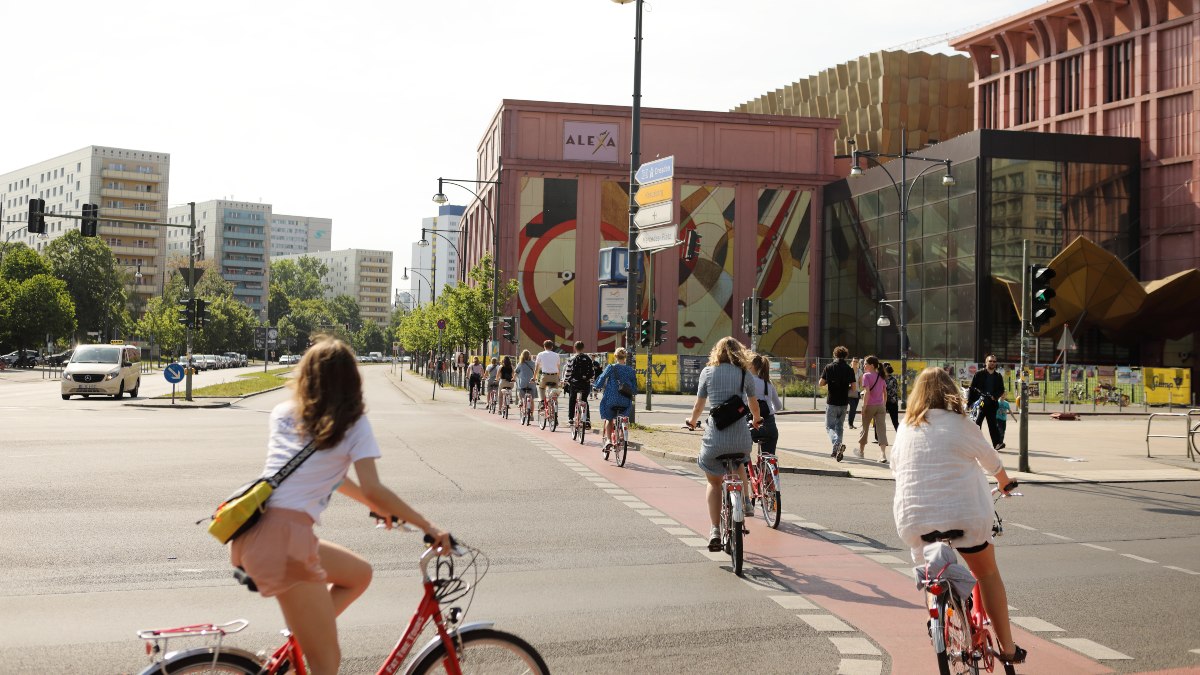
New survey: Majority of Germans willing to use public transport or bicycles instead of their car
A new survey shows that the majority of Germans would consider using bicycles and public transport over their cars if infrastructure and access to public transport improved.
According to a survey conducted by the development bank, Kreditanstalt für Wiederaufbau (KfW), 75% of German households who regularly use their car are willing to switch to public transport and 66% could imagine taking their bike more often. The survey further reveals that people living in rural areas are almost equally as willing to take a bicycle to those living in cities. Expanding local cycling networks should therefore be seen as a worthwhile investment in climate mitigation and quality of life by municipalities of all sizes, the authors noted.
In 2020, transport was responsible for 20% of Germany’s greenhouse gas emissions, with private cars, commercial vehicles and buses accounting for a sizable proportion. Moreover, long-term mobility trends suggest that Germans are spending increasing amounts of time in traffic. Between 2002 and 2017, the number of daily passenger kilometres travelled increased by almost 20%, totalling 3.2 billion kilometres per day.
The survey highlights the dominant position of the car as a “huge challenge” to meeting Germany’s climate targets and stresses the need for accelerating the shift to electric vehicles and the uptake of more efficient means of transport such as cycling and public transport.
Electrification alone won’t cut it
While the study considers the electrification of vehicles important, it also highlights that e-cars are relatively energy-inefficient compared to cycling and public transport. To solve the conflicting goals of keeping up with increasing mobility demands and meeting climate targets, the survey investigated under which circumstances German households would consider switching to greener modes of transport.
The majority of respondents (54%) said they would be willing to cycle if they had better access to cycling infrastructure, including more cycle lanes, rental bikes and secure parking spaces. While 45% claimed they would take their bicycle more often if they could commute with their bike on public transport, 28% of households indicated that the purchase of an e-bike could encourage them to switch to a bike. The survey identified that e-bikes have the highest potential for cutting carbon emissions in medium-sized towns and rural areas.
For public transport, better connection to infrastructure (63%), the cost of public transport and owning a car (49%) and higher comfort (19%) were mentioned as the decisive factors that could enable a shift towards public transport.
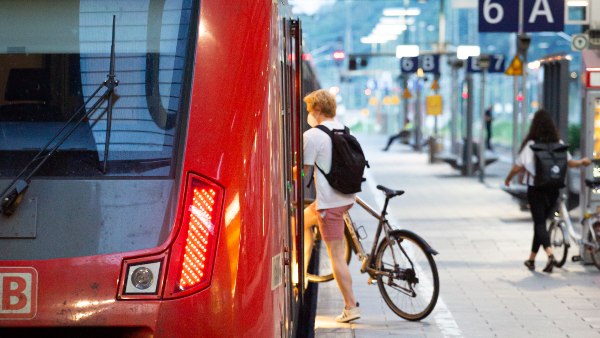
Cars as a status symbol
The survey shows that many Germans are still wedded to their car as a status symbol. Age and the symbolic status of the car played an important role for the 35% of households who would not consider taking a bike.
40% of households who see their car as a symbol of status are not willing to switch to a bike under any circumstances. Moreover, 53% of people over the age of 70 do not see the bicycle as a suitable alternative to their car.
For the 25% of households who claimed they would not use public transport, the size of the city they live in had almost no impact on this choice. Similarly to cycling, age and symbolic status were the most important factors.
For those groups, the survey suggests improving the image of cycling and public transport to facilitate a shift away from the private car.
Achieving climate goals
The survey concludes that in order to meet Germany’s climate targets, private households must significantly cut their carbon emissions. While different regions call for different solutions, the survey does underline cycling’s enormous potential for cutting carbon emissions for municipalities of all sizes, especially when also combined with public transport.
Regions:
Topics:
Contact the author
Recent news!
Contact Us
Avenue des Arts, 7-8
Postal address: Rue de la Charité, 22
1210 Brussels, Belgium

